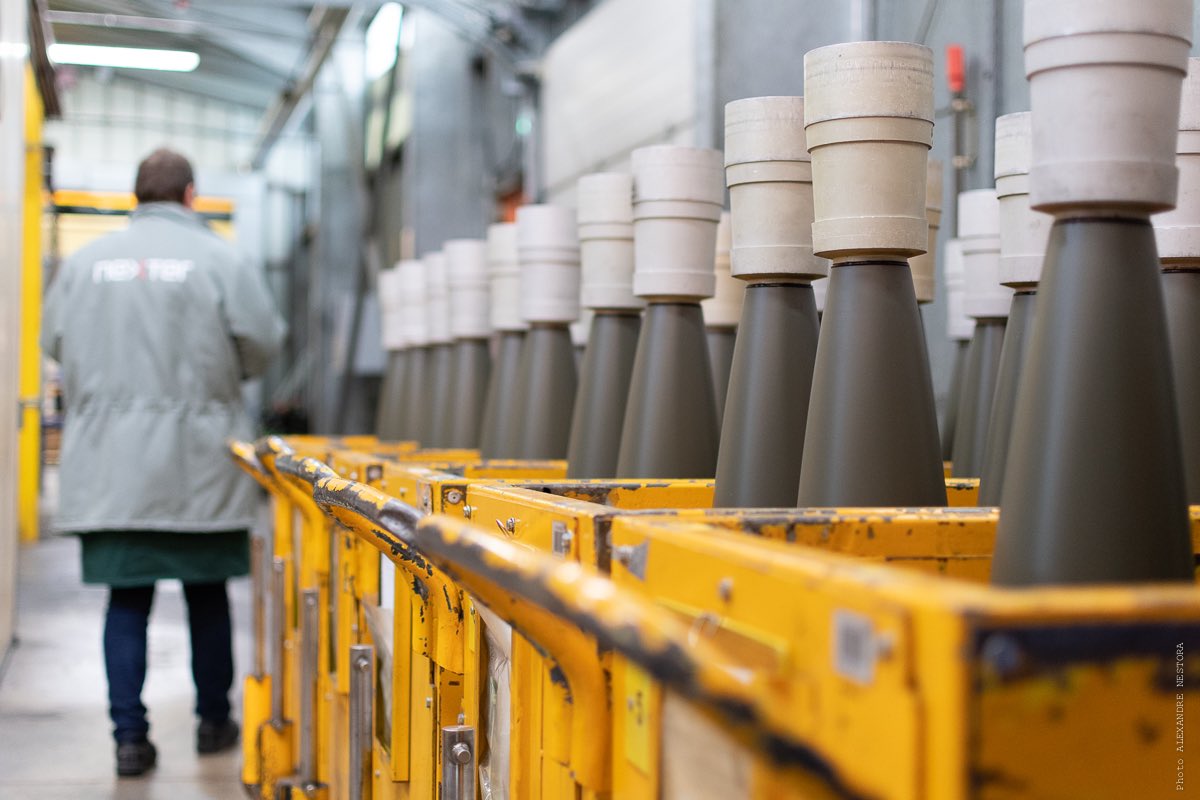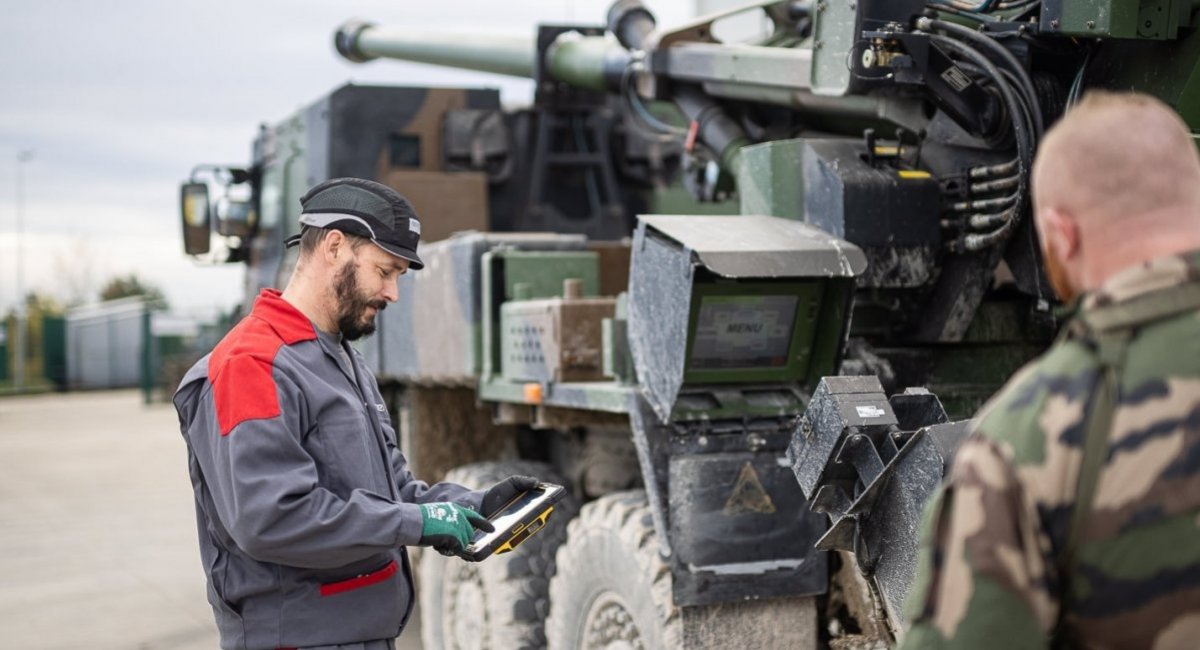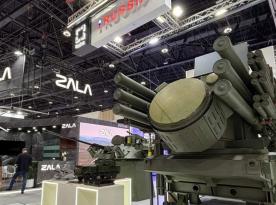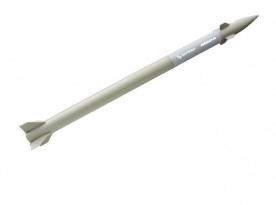Ensuring the increase in weapons production in case a "high-intensity war" breaks out has become a nationwide-level priority in France. Established last year, the Defense Industrial Reserve (RID) system seeks to create a human resource of retired industry specialists who, if necessary, would return to enterprises during a crisis or war. The RID is viewed as part of governmental measures aimed at nurturing the "war economy" in France.
This mechanism is put into action by agreements between the French Directorate General of Armament (DGA) and defense companies. The regulations require pensioners to undergo a paid 10-day training once a year to maintain their qualifications, and if necessary, go to work in times of crises despite their senior age, Defense Express reports citing documents on DGA's website.
Read more: France’s Transfer of New Batch of Long-Range Scalp Missiles to Ukraine Could Be a Long-Term Solution – Military Expert

To make the implementation of this program easier, they are granted the status of non-commissioned officers or officers with the corresponding salary. This is most likely needed to bypass the restrictions of French legislation on working conditions.
As of today, such agreements have been signed with the Naval Group shipbuilding company, the small arms maker Verney-Carron, the Vistory 3D printing company, the French branch of Scania, and most recently — on November 12 — with the manufacturers of armored vehicles Arquus and KNDS (or more precisely, with its French division called Nexter). DGA also plans to sign corresponding agreements with Renault and other arms companies.
"We’re not at war, but on the other hand we must not be naive,” Chiva said “We’re preparing for a rise in strength, if only for the sake of our credibility, and so today we’re going to look for the skills where we can find them," Emmanuel Chiva, Chief executive of DGA, told Defense News at the contract signing in Paris.
However, not all industry workers are needed, just the most qualified or having specific specialties. This way, the government is expecting to create a reserve of 3,000 gunsmiths by 2030. The plan is aligned with the ongoing effort by the French General Staff to double the number of military reservists who would take up arms in the Armed Forces in the event of an all-out war. A larger army, in turn, requires more weapons and a powerful defense-industrial complex to match.

Chances are high that this defense industrial reserve will start working immediately because, according to the DGA chief, there are currently 4,500 small and medium-sized companies working in defense, of which 1,200 are critical, and those may need extra workers to help with personnel training, project design and production.
Defense Express notes, France has been seeing an increase in defense production recently. In particular, the French Ministry of Defense is now expecting to get newly-made 1,200 AASM Hammer long-range attack bombs in 2025, indicating a steady increase in production over the past half a year.
Read more: France Will Increase Production of AASM Hammer Smart Bombs in 2025














